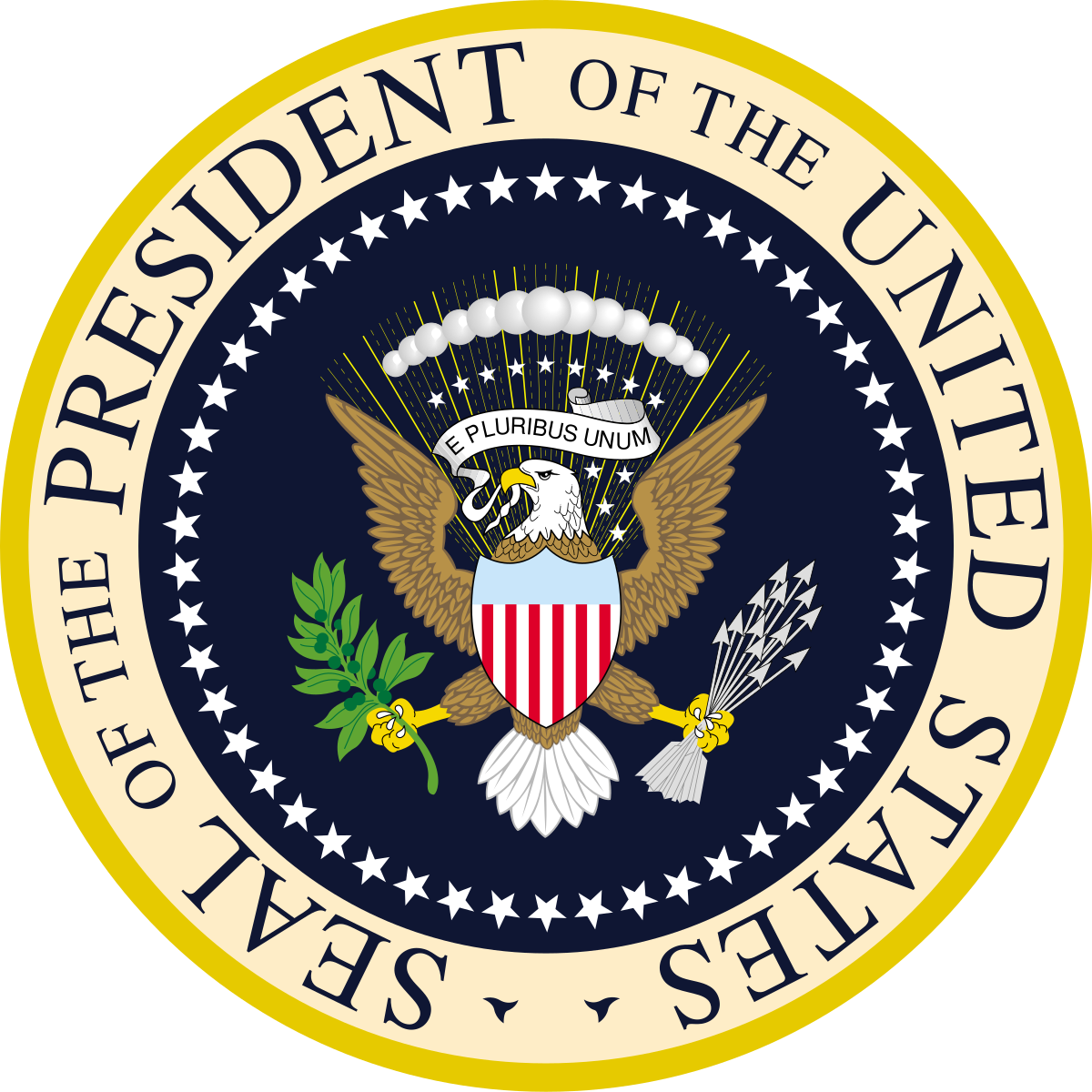sassafras
...
- MBTI
- .
This term likes you.
Positive anticipation would work, but sometimes once we start 'anticipating' at all, the direction it takes is uncontrollable. My process was to try to remove all anticipation entirely.
I had to deliver a presentation recently, and I wasn't nervous until the very moment I had to get up and deliver it. I tried to make that day about other things. Walking to the venue, watching the other presenters, asking pertinent questions and being supportive. In doing that stuff, though, I was already in the room - I wasn't going to escape it, because I was already there. There was background nerves, definitely, but I was doing other stuff anyway.
Then when it was my turn it was like 'OK, I guess it's me then. FUCK IT.' I got hit by a wave of nerves but powered on and focused in on explaining the content I was actually delivering - falling back on my expertise. I thought I did terribly, but I knew I was making sense and people said after that I came across as very confident, engaging and competent (and they wouldn't bs). Part of me knew that, but there's another part that is just totally self-doubting who's blind to reality. I didn't script it for this very reason - so I would have to engage with the ideas consciously in order to explain them. The Q&A afterwards was easy for the same reason - the technical demands of having to actually explain things relegates the other concerns (worrying about being shit).
I saw some people who wrote scripts delivering very nervously because they were just trying to get through it - they were reading, but you could tell that their mind was engaged in a completely different task - worrying. Funnily enough these same people were fine during the actual questions because they were engaged.
So here there's something else which works for me, and that's to make sure that my fucking brain is occupied in actually doing the 'onerous' task I've got to do.
I've experienced what you describe and I agree. When you're focused on what you're doing, you're not self-monitoring and preoccupied with all these internal processes. I think this is why a lot of people say they perform better under stress because they can't escape the situation, there's no time to waste and it's just trusting your instincts to carry you through.
That's the key component, though: self-trust. Those people who were relying on their scripts weren't trusting themselves. You were engaged in the moment because you trusted yourself enough that, no matter what happened, you'd respond to whatever consequences as they happened, when they happened.
As for positive anticipation, it's more like replacing the stick that's freezing you up with a carrot that will entice you to take action.. and also to sooth the anxiety/rumination monster.




